The Board and Management of the Volta Aluminum Company (VALCO) say the demand of its workers for their salaries to be indexed to the US dollar rate is untenable and must be disregarded.
Last salary adjustment was on September 1, 2021
The workers, led by their union executives, made this demand during the negotiation period insisting on having their salaries pegged to the US Dollar (USD) as of the last salary adjustment on September 1, 2021.
Salaries of Ghanaian workers not indexed to dollar
However, the Board and Management insisted that since the salary of the Ghanaian worker is not indexed in the USD, but rather the Ghanaian Cedi, the demands from the workers to have their salaries pegged to the USD is untenable and must be disregarded.
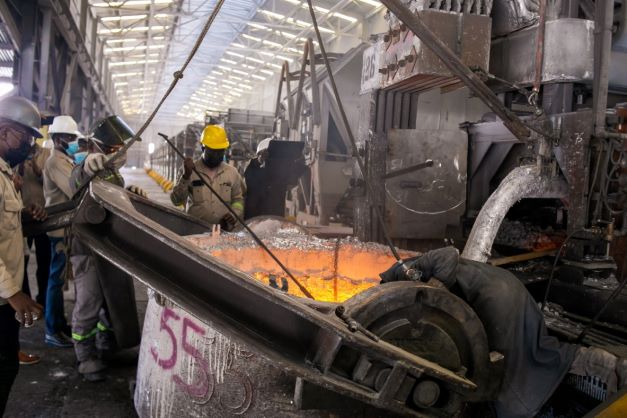
22% salary increment rejected
The workers also rejected a 22% increment in salary from Management of the Company, describing it as insufficient and demanded 55% increment instead.
Stalemate
As a result, the management and the workers were unable to reach an agreement and the workers declared a deadlock on Friday, October 28, 2022.
A press statement jointly signed by Dr. Henry Benya, and Mr. Dan Acheampong, Board Chairman, and Chief Executive Officer (CEO) of VALCO respectively set the records straight.
Protection against cedi depreciation measures in place
The statement said that to protect workers against the effect of depreciation, management and the Industrial and Commercial Workers’ Union (ICU) periodically met to agree on the quantum of salary increase in accordance with the existing Collective Bargaining Agreement.
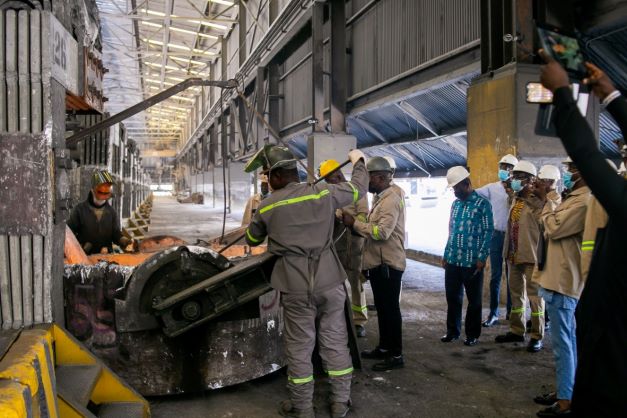
Out of its five potlines running
The company is producing below its installed capacity of 200,000 tons, with only two out of its five potlines running.
300,000 tons
The state-owned company is seeking a strategic investor to retrofit its plant and help increase production from the current 50,000 metric tons to 300,000 tons of refined aluminum per year.
Deliberate and tactful decision to keep experienced hands
The board explained that the decision to allow some staff, whom they consider experienced and knowledgeable in the running of a highly technical field and a strategic plant as the VALCO smelter, a continuous stay is deliberate and tactful.
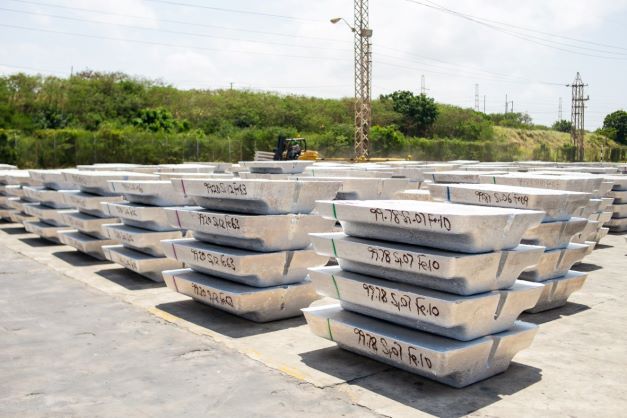
Contract workers
“They may have attained the retirement age but have not retired yet as they have been engaged legally on contractual basis, a situation that is not peculiar to VALCO but adopted in special situations by several private and public institutions especially where the services of such persons are needed in a specialized field.
Positive turnaround
“Their continuous stay in their respective positions has not only helped to impart knowledge but led to a positive turnaround of the Company,” the statement said.
The Management on October 31 shut down the 127 cells of the smelter after workers went on a demonstration to back their demands for salary increment and the removal of the top management of the company.
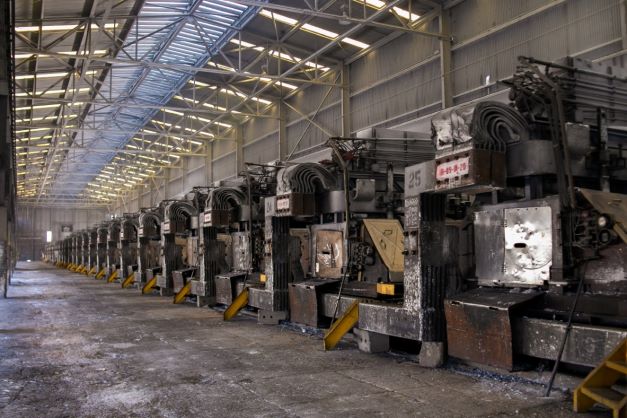
Restart will not cost $10m
The Board and Management also denied workers’ claim that the restarting of its smelter after a shutdown following staff agitations will cost the Company $100,000 per pot in shutting down and $10 million in restarting the plant.
Rather, management said it is to prevent such occurrences that management opted for the controlled halt to its operations explaining that the Board of Directors being conscious of the strategic significance of the Smelter to the ongoing Integrated Aluminum Industry (IAI) Project, fully discussed at its last meeting, the likely negative consequences on the Project in particular, and Ghana’s accelerated economic development in general.
The Board, therefore, charged Management to ensure that Ghana does not lose the Smelter in the event of any agitations that will occasion an unplanned shutdown.
It stated that following the unannounced takeover of the smelter on Monday October 31, 2022, by some workers, management took the decision in line with the Board’s directive, to immediately work with the Ghana Grid Company (GRIDCo) to take down the line in an orderly fashion to save it to allow for a smooth restart as soon as possible.
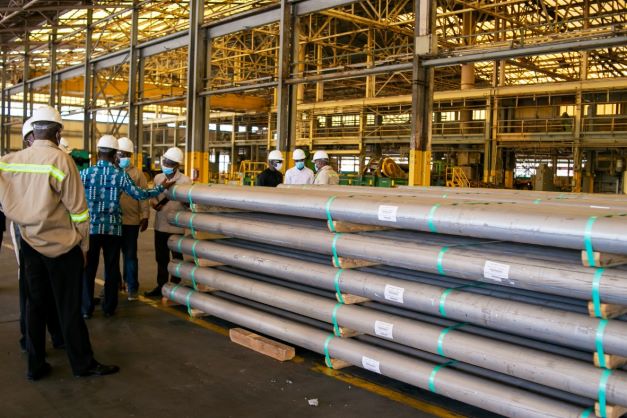
In respect of salary increment issues raised by the agitated staff, Management intimated that worker, after a series of negotiations led by their union executives, made an initial demand of a 62% but subsequently reduced it to 55%.
It added that in response, the Management of VALCO, offered to grant a 22% with the assurance of further increment in the future as VALCO continues its efforts in finding a strategic investor to retrofit the plant.
VALCO Management appealed to the workers to consider the current state of the Aluminum Smelter which, for years, had been recording losses until 2021 when it chalked some modest gains recording Earnings Before Interest, Tax, Depreciation and Amortization (EBITDA) profits.
Management of VALCO further indicated to the workers union executives that they will on November 1, 2022, finalise a communique for submission to the National Labour Commission (NLC) for independent third-party adjudication in accordance with law after negotiations between Management and the workers ended up in a stalemate.
However, the workers will have none of this and on October 31, 2022, embarked on a full-blown takeover of the Smelter, insisting they will not allow the Executive Management into the Plant.












